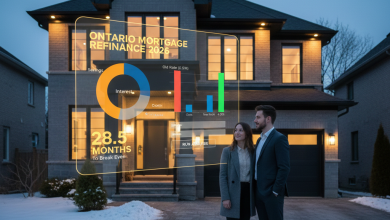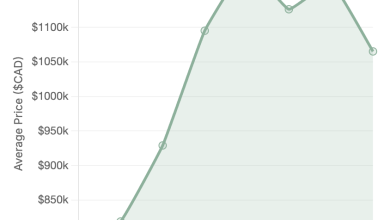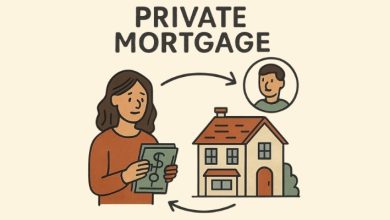In the realm of personal finance and homeownership, the question of whether you can secure a mortgage without a job is a significant consideration. It’s a query that arises for various reasons, including freelancers, self-employed individuals, retirees, or those undergoing a career transition. While traditional employment may not be a prerequisite for obtaining a mortgage, there are essential factors to consider. In this in-depth exploration, we’ll delve into the nuances of securing a mortgage without a job, examining the challenges, options, and strategies for potential homebuyers.
Understanding Mortgage Requirements
Before delving into the specifics of securing a mortgage without a traditional job, it’s crucial to understand the standard requirements set forth by lenders. Traditional mortgage lenders typically assess applicants based on various factors, including:
- Income: Lenders typically prefer borrowers with a stable income source to ensure they can make timely mortgage payments.
- Credit History: A strong credit history demonstrates your ability to manage debt responsibly and may positively impact your mortgage application.
- Down Payment: The amount of money you can put down upfront affects your loan-to-value ratio and influences lender decisions.
- Debt-to-Income Ratio: Lenders evaluate your debt-to-income ratio to assess your ability to manage additional debt obligations.
- Employment History: While not always mandatory, a steady employment history can bolster your mortgage application.
Options for Securing a Mortgage Without a Job
While having traditional employment can make the mortgage application process more straightforward, it’s not the only path to homeownership. Here are some options for securing a mortgage without a job:
- Self-Employed Borrowers: If you’re self-employed, you can still qualify for a mortgage by providing documentation of your income and business revenue. Lenders may request tax returns, profit-and-loss statements, and bank statements to verify your financial stability.
- Retirement Income: Retirees can use retirement savings, such as pensions, Social Security benefits, or investment income, to qualify for a mortgage. Lenders may require documentation of your retirement income and proof of its stability.
- Assets-Based Mortgages: Some lenders offer asset-based mortgages, where the value of your assets, such as savings, investments, or real estate holdings, serves as collateral for the loan. In these cases, your employment status may be less of a determining factor.
- Co-Signer or Joint Application: If you don’t have traditional employment or sufficient income, you may consider applying for a mortgage with a co-signer or as a joint application with a spouse, family member, or trusted partner. The co-signer’s income and credit history can strengthen the application.
Challenges and Considerations
Securing a mortgage without a job may present challenges and considerations:
- Income Verification: Without traditional employment, providing verifiable income documentation may be more challenging. Self-employed individuals may need to provide additional documentation to prove their income stability.
- Higher Interest Rates: Lenders may view borrowers without traditional employment as higher-risk, leading to potentially higher interest rates or stricter loan terms.
- Reduced Loan Options: Some mortgage programs may have stricter eligibility requirements for borrowers without traditional employment, limiting the available loan options.
Strategies for Success
While securing a mortgage without a job may pose challenges, there are strategies for improving your chances of approval:
- Strengthen Your Financial Profile: Focus on improving your credit score, reducing debt, and building savings to demonstrate financial stability to lenders.
- Provide Comprehensive Documentation: Be prepared to provide comprehensive documentation of your income, assets, and financial history to lenders to support your mortgage application.
- Consider Alternative Lenders: Explore alternative lenders or mortgage programs designed for self-employed individuals, retirees, or borrowers with non-traditional income sources.
- Increase Your Down Payment: A larger down payment can offset perceived risk for lenders and improve your chances of mortgage approval.
Conclusion
Securing a mortgage without a traditional job may pose challenges, but it’s not impossible. By understanding the requirements, exploring alternative options, and strengthening your financial profile, you can increase your chances of homeownership. Whether you’re self-employed, retired, or undergoing a career transition, exploring your mortgage options and seeking guidance from financial professionals can help you navigate the process successfully.






